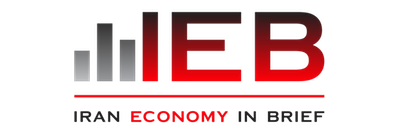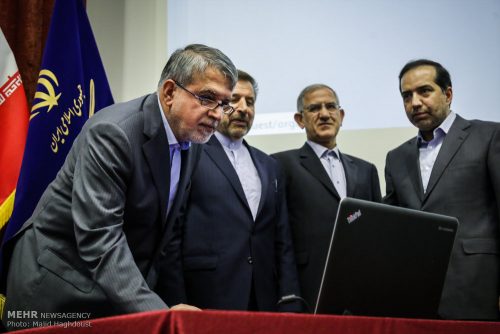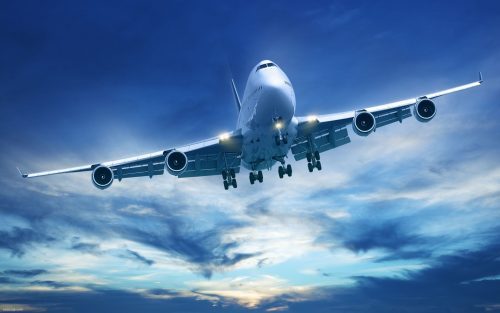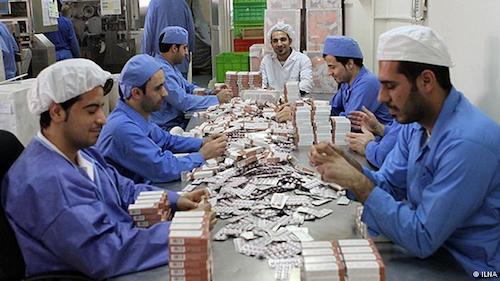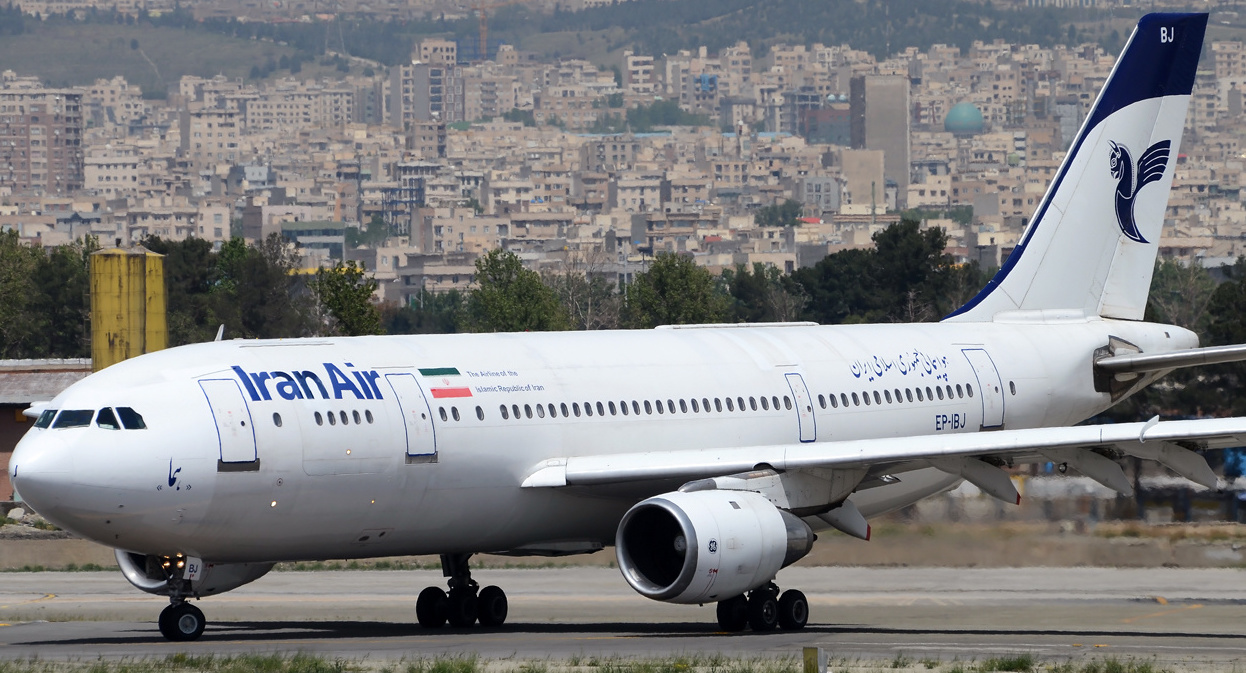
Further developments for aviation industry
The head of the Civil Aviation Organization announced ten new airlines to become operational in the next 6 months. The Ministry of Roads and Urbanization has set three main conditions in order to grant airline operation licenses. These conditions are: a minimum capital of 3500 billion IRR ($108m), provision of new aircraft (purchased or on loan) where at the time of purchase the aircrafts are newer than 15 years old and the ownership of at least 5 airplanes. Currently operational airlines must also abide by these conditions.
New Iran Air boss
The first female CEO of Iran Air, the national airline, has been introduced. After Farhad Parvaresh left his position as CEO of Iran Air, Board Member Dr. Farzaneh Sharafbafi was introduced as the new CEO.
Dr. Sharafbafi, 44 years old and mother of two children, is the first woman to graduate with a Ph.D. in the field of aerospace in Iran. She was previously the Director General of Research at Iran Air.
This assignment took place before the introduction of President Rouhani’s new cabinet which may point to more women in high level management positions in Iran.
Mr. Parvaresh held the position of CEO for 8 years and last week was assigned to be Iran’s representative at International Civil Aviation Organization (ICAO).
Information for everyone
The beta version of the website for free access to information has been launched by the Ministry of Culture and Islamic Guidance. This website, which has been launched in order to increase transparency in the operation of governmental organizations, publicly publishes documents from different governmental organizations at the request of civilians.
The published data is not limited to governmental organizations and requested information should be provided within ten days after registration. The information will only be withheld in case it violates the privacy of individuals.
Iron scrap needed
The increased demand in the scrap iron market has led to a price hike in steel plants. Iranian steel plants require 3 million tons of scrap iron to feed their furnaces. However, the country’s capacity for producing scrap iron is only 1.5 million tons. In spite of all this, the importation of scrap metal was banned until May 15th this year.
Now that the ban on import has been lifted, steel producers complain about the disparity in prices and the competition. Since in Iran most prices are set by different related organizations, having freely competitive prices for one product can lead to problems and complaints. Those active in the steel industry are mostly worried about brokers entering into the market due to price differences.
